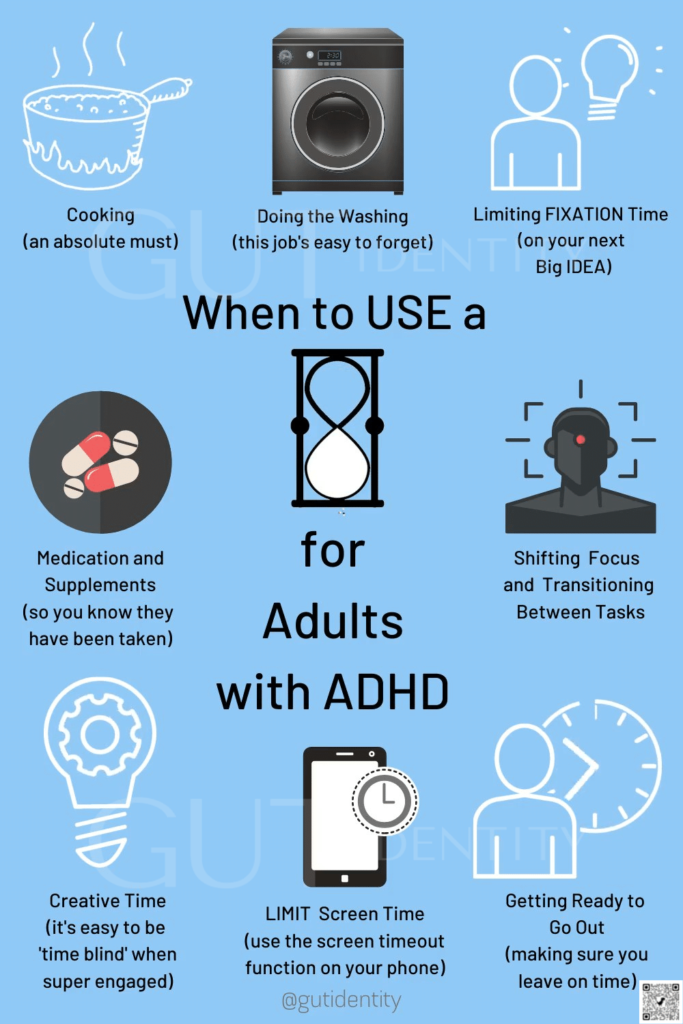Nutrition also plays a vital role in managing ADHD symptoms. Experts recommend a balanced diet rich in omega-3 fatty acids, fruits, vegetables, and whole grains, as these nutrients support brain health. Some individuals may benefit from limiting sugar and processed foods, which can exacerbate hyperactivity and inattentiveness.
Recent studies estimate that approximately 5% of children and around 2.5% of adults are diagnosed with ADHD globally. It is not merely a childhood disorder; many individuals carry its effects into adulthood, where challenges can manifest in various ways, including difficulties in maintaining employment, managing relationships, and organizing daily tasks. Failing to recognize ADHD as a legitimate condition can hinder individuals from seeking the help they need.
As society continues to evolve in its understanding of ADHD, it is essential to foster an environment of acceptance and support for those affected by the disorder. Advocacy groups are working tirelessly to promote awareness, dispel myths, and encourage open conversations about ADHD. By sharing personal stories and experiences, individuals with ADHD can help others understand the challenges they face and the strengths they possess.
Schools play a crucial role in supporting students with ADHD. Educators are encouraged to implement individualized education plans (IEPs) or 504 plans to create an accommodating learning environment. Simple adjustments, such as providing a quiet space for tests or allowing extra time for assignments, can make a significant difference in a student’s academic success.
To build an inclusive society, understanding ADHD is essential for helping individuals thrive. Advocacy and stigma reduction ensure that neurological differences do not hinder success. Embracing inclusivity highlights the valuable contributions of ADHD individuals.
ADHD impacts millions globally, making concentration, time management, and task completion challenging. Innovative ADHD treatments and research are helping patients and professionals achieve better outcomes.
Traditionally, ADHD treatment has relied on medications like methylphenidate and amphetamines. Though effective, these medications do not work universally and may have side effects. Many patients experience side effects, and others may not respond adequately to medication. New approaches are being studied to boost focus and productivity in ADHD patients.
In recent years, attention-deficit/hyperactivity disorder (ADHD) has become a focal point of research and discussion, shedding light on the challenges faced by millions worldwide. Characterized by difficulties in maintaining attention, hyperactivity, and impulsiveness, ADHD affects both children and adults, often leading to academic, professional, and social challenges. However, a wave of new strategies and techniques is emerging, offering hope for those seeking to improve focus and productivity.
As awareness of ADHD grows, so do the tools and strategies available to support those affected. By embracing structured routines, leveraging technology, practicing mindfulness, engaging in physical activity, and maintaining a healthy diet,
individuals with ADHD can unlock their potential and improve their focus. With ongoing research and community support, the future looks promising for those striving to navigate the complexities of ADHD.
Getting an ADHD diagnosis is often a complex and difficult process. ADHD symptoms are frequently missed by parents and teachers who view them as normal childhood actions. Recognizing ADHD early is vital for effective intervention, say specialists. "Early ADHD diagnosis supports better academic and social outcomes," notes Dr. Emily Carter, a psychologist. Behavioral therapy, education plans, and medication are common early interventions for ADHD. Such approaches build coping skills and organization, key to thriving with ADHD.
Another myth is that ADHD is overdiagnosed and that many children are unfairly labeled. While it is true that the diagnosis of
ADHD brain exercises has increased in recent years, this trend is largely attributed to heightened awareness and improved diagnostic criteria. Experts emphasize that a proper diagnosis involves a comprehensive evaluation by a qualified professional who considers the individual’s history, behavior across different settings, and input from caregivers and teachers.
Recent studies indicate that individuals with ADHD can significantly enhance their focus through a combination of behavioral interventions, technological advancements, and lifestyle adjustments. One promising approach is the implementation of structured routines. Experts emphasize the importance of consistency in daily activities, which can help individuals with ADHD create a sense of order and predictability. By setting specific times for tasks and breaks, individuals can train their brains to focus better during designated periods.

The Future of ADHD Treatment
Holistic approaches are gaining recognition in ADHD management as awareness grows. Combining medication, therapy, mindfulness, technology, and lifestyle changes offers a holistic strategy for managing ADHD symptoms.